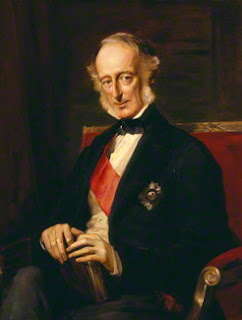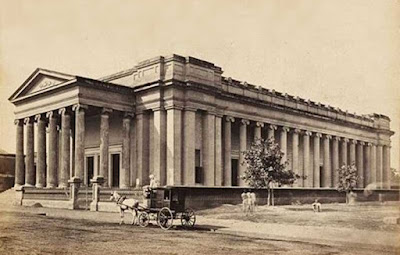The Colonial University: Writing the history
I have forever been preparing for this, but now I am starting it. I want to write the history of the colonial university in India. I was supposed to start this in 2019, but Covid and various personal crisis kept me from it. I am living through yet another crisis, but that only tells me that there would be no better time and that I should get started. The upside of this current crisis - if there could be any upside at all - is that I am completely grounded and now I won't think of travelling, for work or for leisure, for a very long time. I am recalibrating all my work and focusing on what I can do in the UK, first time in the 22 years I have lived here, and this gives me the stability and focus a project like these demands. Indeed, I am expecting archival work to be done in India and elsewhere, but that is different from spending time in airport lounges. In summary, I am embracing a quieter, boring life, with my only pleasure emanating from doing this work that I always w...



